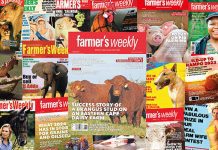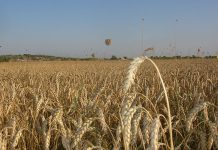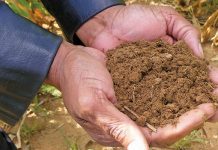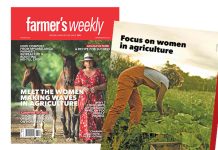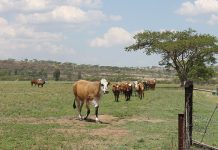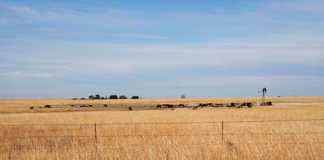A recent paper written by John Kane-Berman, a policy fellow at the SA Institute of Race Relations (IRR), entitled, ‘From Land to Farming: Bringing Land Reform Down to Earth’, found that the demand for farmland in South Africa can – if government wishes it so – be met without the disruptions, risks, and costs of radical redistribution.
The land reform myth
According to a statement released by the IRR, the paper argues that there is almost certainly enough land already in state ownership to meet demand. This includes land in both communal and commercial areas that is lying fallow, often due to previous land reform projects that have failed or been abandoned.
The paper quotes various government and other reports to the effect that there is plenty of underutilised and very good land available in the former homeland areas, some with above-average rainfall.
According to the paper, “title to this land should be transferred at a reasonable price to the current occupants, most of whom are tenants of the state as represented by traditional leaders”.
Kane-Berman says that the “demand for land for farming is more limited than official ideology assumes” and it is “far outweighed by demand for land for housing in the cities and small towns, to which people are moving as part of an urbanisation process that no amount of land reform can halt”.
More about the findings of this paper will appear in the 10 June issue of Farmer’s Weekly, in which Kane-Berman writes for Farmer’s Weekly about the alternative approach to land reform he puts forward.
Despite evidence that disproves the need for it, our ANC-led government seems determined to continue its crusade for ‘radical’ land reform. The Regulation of Land Holdings Bill, which proposes that the size of land that any individual or entity may own should be limited, is set to be tabled in Parliament in June – and the Expropriation Bill is fast-making its way through Parliament already.
It is understandable why farmers are uneasy and worried about the threat of losing their land, and about their and their families’ futures. With this in mind, I was inspired and reassured by the words of one of SA’s most successful farmers, Tommie van Zyl, CEO of farming giant ZZ2.
At one of the Nation in Conversation dialogue sessions at Nampo 2016, he responded to a question about the threat that expropriation posed for family farming businesses in SA, saying: “Land is no longer our most valuable asset; knowledge and the supply and marketing networks we have developed are”. If land reform has proven anything, it is that owning land does not make you a farmer; rather it is knowing what to do with that land.

